Juniper Networks Global Survey: Consumers and Enterprises Are Recognizing the Advantages of Digital Convergence
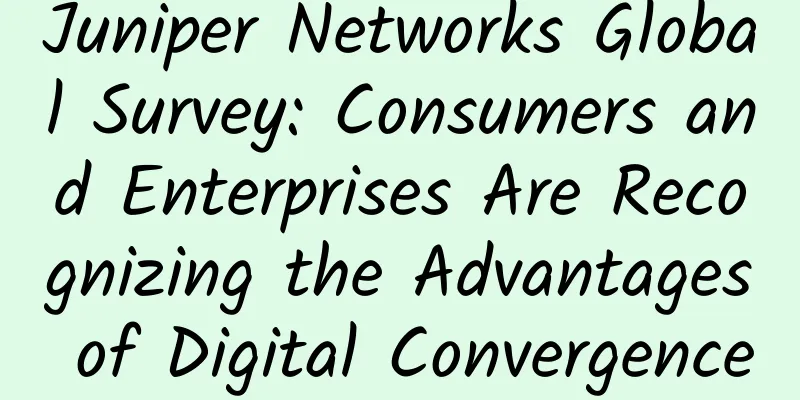
|
Juniper Networks, a leader in automated, scalable and secure networking products and solutions, today announced the results of a comprehensive global market study that examines the attitudes of businesses and consumers towards readiness for the era of “digital convergence” where network-based, predictive and automated “super services” will improve user behavior and enable better decisions, enriching the lives of individuals and businesses. The results of the study will be announced at the Mobile World Congress (MWC) in Barcelona from February 27 to March 2, 2017, where visitors can visit the Juniper Networks booth in Hall 2, Stand 2J60. According to the survey*, which covers 16 countries, businesses and consumers see digital convergence as an inevitable and positive social development. Consumers see benefits such as improved community infrastructure with more responsive and effective emergency services, more efficient use of personal time, better education and learning, lower cost of living through measures such as energy efficiency at home, and smarter decision making, while business respondents also see benefits such as increased productivity, improved budget utilization, new models for human resource management, and business service innovation. As mobile devices become data collection points and continue to drive the development of "super services", Juniper Networks believes that telecom service providers need to rethink the way their networks are architected to support this era. Research highlights: Consumer survey data: Smarter and greener life
Trust is important
Enterprise interview data: Boosting business advantage
Trust is crucial
Senior Quotes: “Many advances in networking are driving the advent of ‘digital convergence.’ At Juniper Networks, we believe that self-driving networks will facilitate and enable the deployment of ‘super services’ that transform how businesses and consumers experience and connect with people, services and information.” - Rami Rahim, CEO, Juniper Networks About the Global Survey Juniper Networks commissioned Loudhouse Research to survey more than 4,800 consumers and senior IT decision makers in Australia/New Zealand, China, France, Germany, India, Italy, Japan, Malaysia, Netherlands, Singapore, South Korea, Spain, Sweden, UAE, United States, and United Kingdom. The survey was conducted in January 2017 and included more than 100 IT decision makers and more than 200 consumer respondents in each country. The age range of the survey respondents was 18 to 65 years old. The IT decision makers involved in the survey were from organizations as small as 251 to 1,000 employees (53%) and as large as more than 1,000 employees (47%). The industry sectors covered by the survey included public sector, education, healthcare, retail, manufacturing, and information technology. |
<<: Trend analysis: How to make 5G technology more down-to-earth from MWC
>>: Four questions about 5G: Internet speed is 100 times faster and everything is connected
Recommend
The emergence of 6G technology: growth opportunities for modern industry
The potential of 6G technology will become appare...
The results are out! Check out the three operators' 2018 first half report cards
In August, the three telecom operators successive...
After FTTH: Who will lead the development of the optical fiber and cable industry?
[[184117]] Fiber optic cables are currently widel...
DAGW: Exploration and Practice of Data Aggregation Gateway
Business Background Bilibili is a video community...
How to choose an Internet service provider
Finding the right service provider can be challen...
A complete guide to the development of TCP/IP
[[415786]] In the late 1950s, during the Cold War...
Viewpoint sharing: Why smart cities need powerful 5G networks?
While debate rages about when and how to restart ...
BGPTO: 50% off on Singapore dedicated servers, E3-1230v3/16GB/480G SSD/10M only 325 yuan
BGPTO is a foreign independent server sales site ...
HostXen recharges 300 yuan and gets 50 yuan / recharges 618 yuan and gets 150 yuan, Hong Kong 2G memory VPS monthly payment starts from 50 yuan
HostXen is a DIY-configurable cloud hosting platf...
Various abnormal phenomena and analysis from TCP protocol to TCP communication (Part 2)
Today we continue to introduce the content about ...
Network | Where is the United States in its race to seize the 5G market?
Experts have been hyping up 5G's gigabit spee...
WiFi speed is slow, try these 8 simple tips
Slow WiFi speed is always a headache, especially ...
How does Spanning Tree Protocol prevent network loops and ensure security?
Spanning Tree Protocol (STP) is one of the key me...
Will the countdown to 3G shutdown trigger a wave of phone replacement across all networks?
On May 5, China Telecom recently issued an announ...
Some Europeans are extremely resistant to 5G, which will only accelerate their elimination
It is globally recognized that 5G is the trend of...

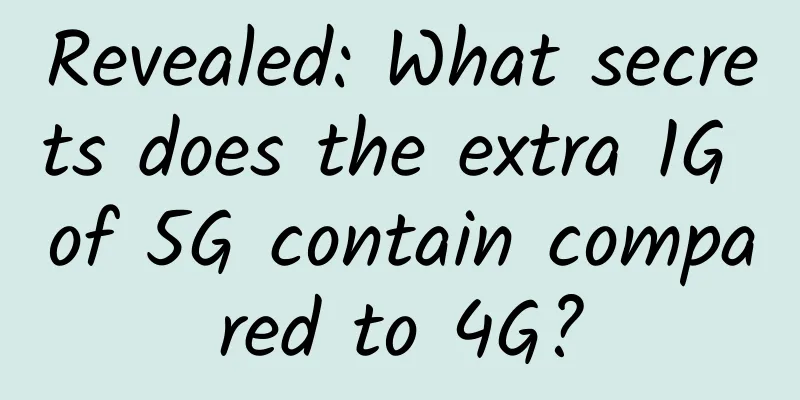
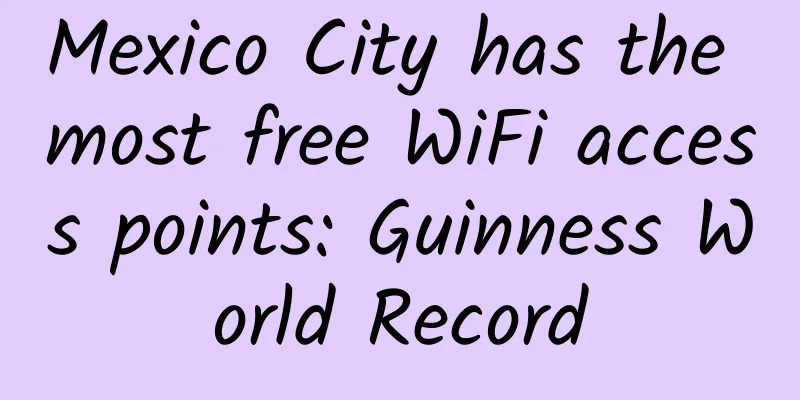
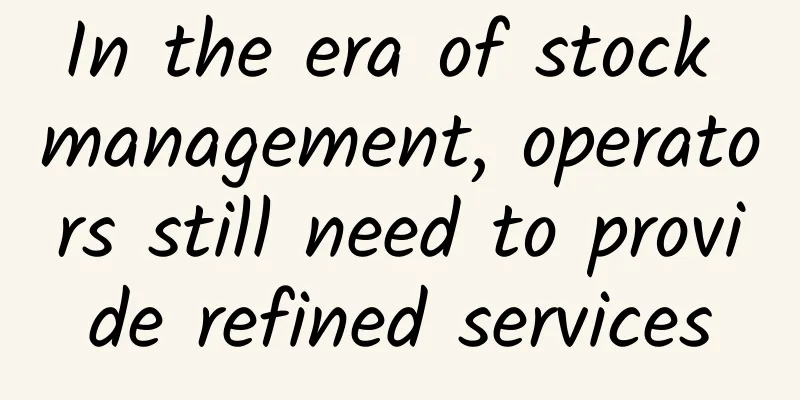

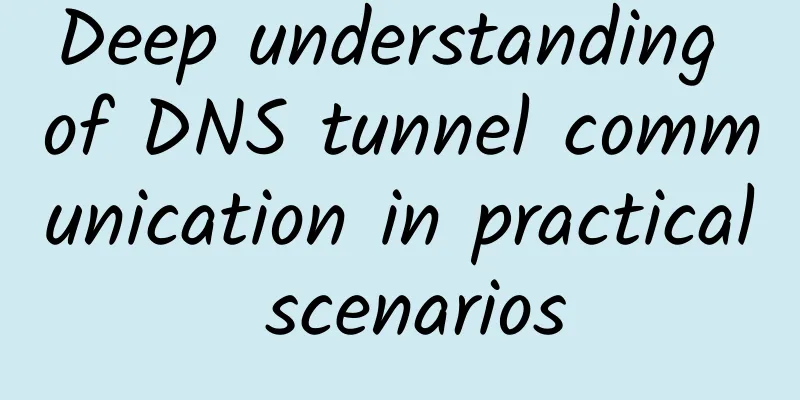

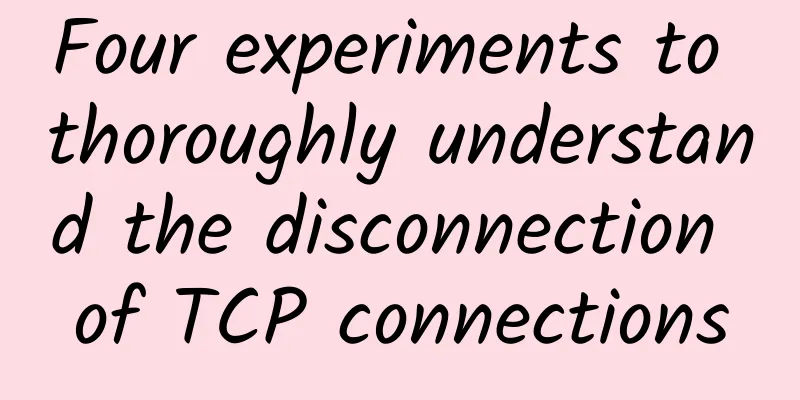

![[Black Friday] GreenCloudVPS: Multi-room 3G memory KVM only $28/year, 1TB large plate chicken starts at $52 for two years](/upload/images/67cac22266fc6.webp)